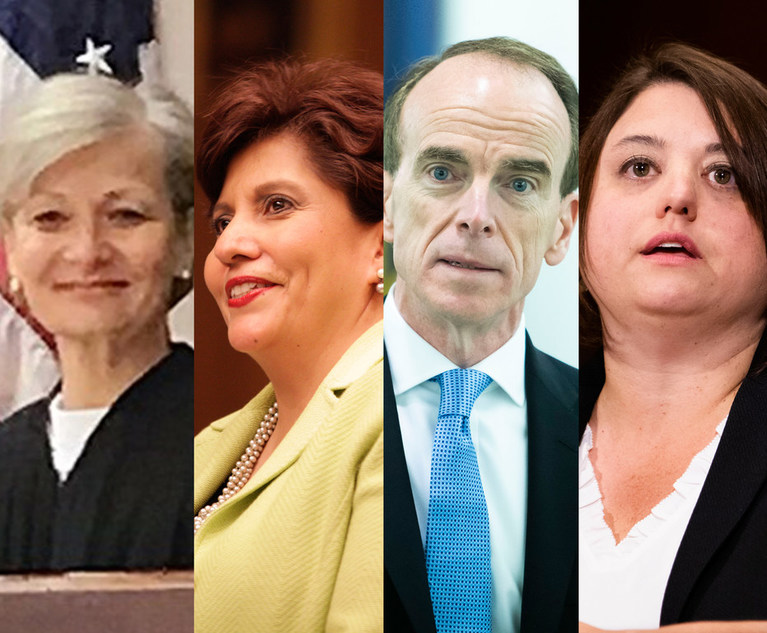
The U.S. Court of Appeals for the Ninth Circuit last week rejected a request for en banc review in its overturning of a trial judge's dismissal of a criminal case under the Speedy Trial Act.
January 12, 2022 at 06:50 PM
5 minute read
The original version of this story was published on The Recorder
Presented by BigVoodoo
Law firms & in-house legal departments with a presence in the middle east celebrate outstanding achievement within the profession.
The premier educational and networking event for employee benefits brokers and agents.
The Legal Intelligencer honors lawyers leaving a mark on the legal community in Pennsylvania and Delaware.
A large and well-established Tampa company is seeking a contracts administrator to support the company's in-house attorney and manage a wide...
We are seeking an attorney to join our commercial finance practice in either our Stamford, Hartford or New Haven offices. Candidates should ...
We are seeking an attorney to join our corporate and transactional practice. Candidates should have a minimum of 8 years of general corporat...
MELICK & PORTER, LLP PROMOTES CONNECTICUT PARTNERS HOLLY ROGERS, STEVEN BANKS, and ALEXANDER AHRENS
 L-R: Judges Morgan Christen, Mary H. Murguia, Daniel Collins and Danielle Forrest of the U.S. Court of Appeals for the Ninth Circuit. (ALM/courtesy photo)
L-R: Judges Morgan Christen, Mary H. Murguia, Daniel Collins and Danielle Forrest of the U.S. Court of Appeals for the Ninth Circuit. (ALM/courtesy photo)
